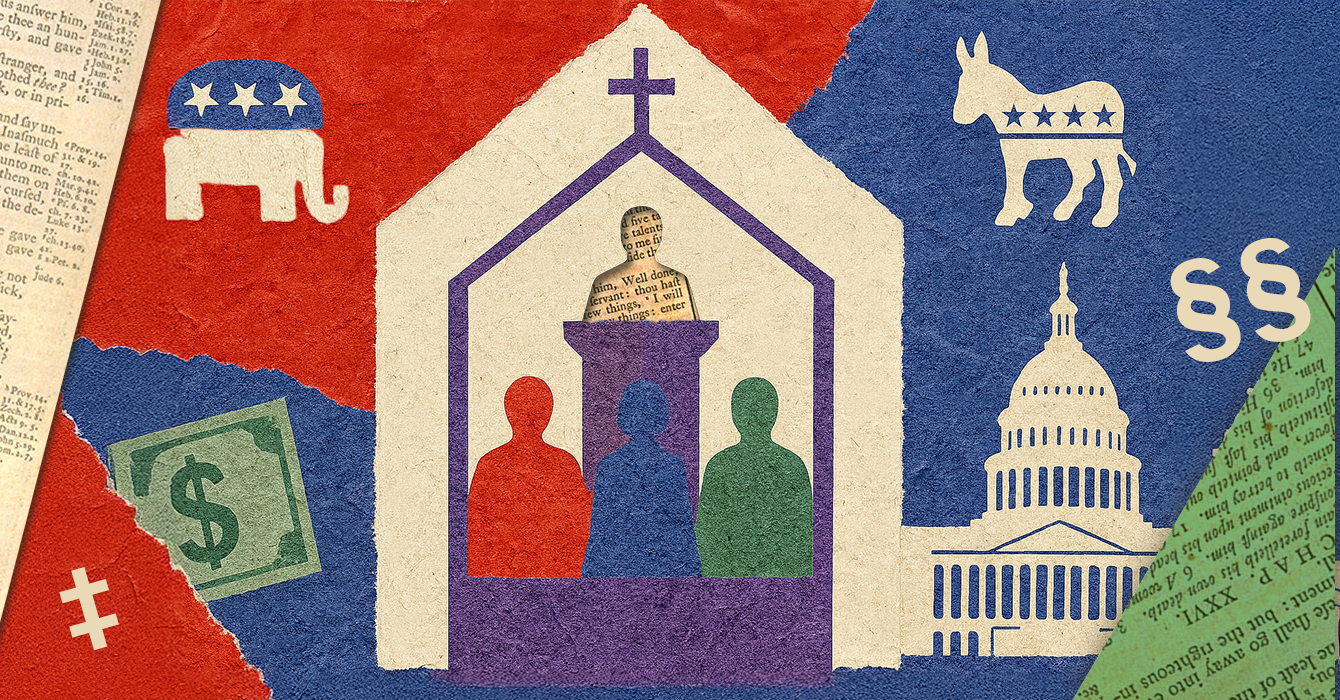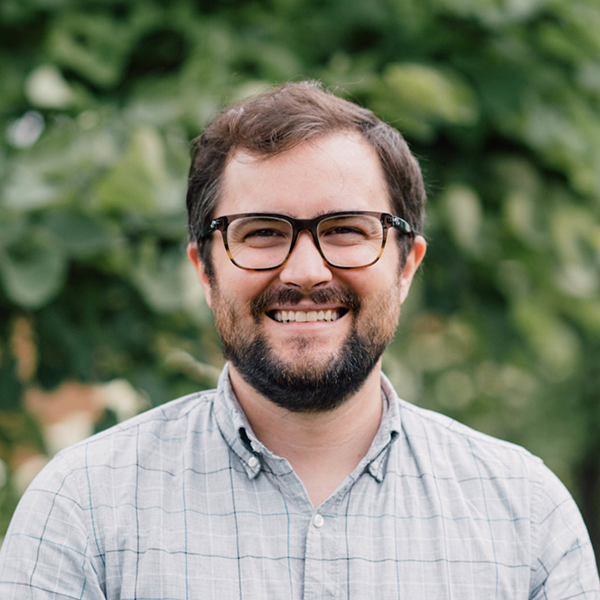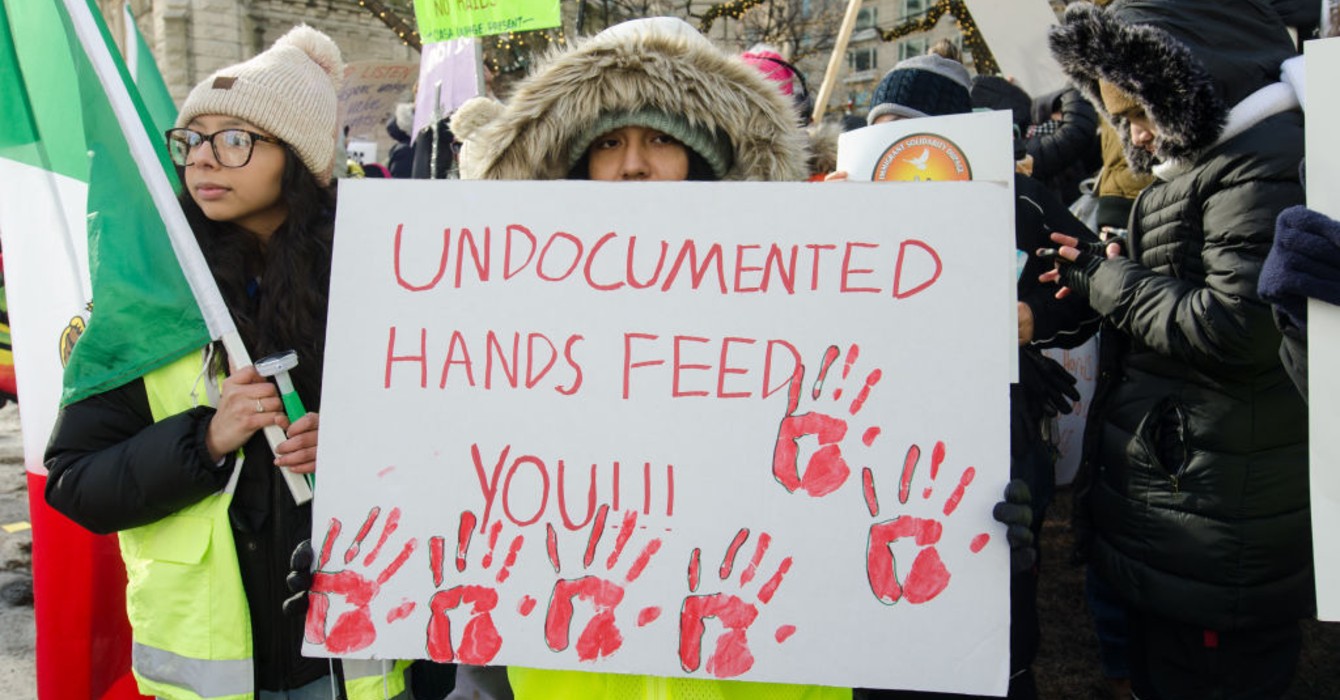I’ve heard Christians confront the ethical question of the psalms of vengeance. They worry over the ill that could come if these words are prayed from our pulpits and in our private prayers. They fear what could happen with the expression of our rage. My concern moves in the opposite direction. I fear the cool and collected roadmap of civility that denies those who have experienced trauma the space for public expression of that anger, which lingers in the air as palpable discomfort for the powerful.
I have seen my city council call down decorum rules on a Black mother who erupted at a public meeting over the death of her Black child at the hands of police. I’ve watched elected officials chastise the methods of protestors after decades of unresponsiveness to impacted community members’ pleading through peaceful protests, letter writing, and public comment. I’ve watched queer people reprimanded for interrupting business as usual, despite decades of silencing them through resolutions, Robert’s Rules of Order, and by-laws. People who occupy seats of power control the agenda by censuring the anger of those demanding change. Certain voices, “respectable” voices, are given space while others are shut out.
The psalms that call for God’s intervention are written as a reminder of the enormity of human suffering within systemic and sustained forms of violence that cannot always be rectified by good work, good intentions, or reasonable dialogue. They show us the way that power is structured across and within interpersonal relationships and geopolitical realities. Rather than showing resignation or reasonableness, the psalms keep before us the trauma of inequitable suffering. These psalms hold the space, and they push us all toward response.
In psalms of justice we hear the cry of those whose words mark the places of oppression and degradation in history. These are people who are acted upon, who apprehend their own helplessness before coiling, suffocating violence. These are people whose very existence hangs in the balance of political and economic forces beyond their control. There will be no negotiation or discussion, nothing to bargain with, no scheme, no outsmarting, no escape. These are the prayers of dead-ends.
And yet something else happens here. To speak this violence aloud is also to generate a hope which destruction cannot overcome. To make space for the words of those facing catastrophe, who have nowhere left to turn, who have nothing left — this is the memory preserved in the psalms. “In the face of monstrous evil, the worst possible response,” writes J. Clinton McCann, “is to feel nothing. What must be felt is grief, rage, outrage. In their absence, evil becomes an acceptable commonplace. To forget is to submit to evil, to wither and die; to remember is to resist, be faithful, and live again.” The psalms of rage remind us that somehow, in spite of absolute defeat, someone dared to say aloud that the world is not as it should be.
In my own prayer I sense no conflict between the psalms of justice and the New Testament’s call to love our neighbors as the way to describe prayer for our persecutors. The prayers offered in the Bible include those by Zechariah, asking God to save us from the hands of all who hate us. The prayers of the Gospels encompass Mary’s Song, a call to tear the powerful from their thrones and send the rich away empty. Throughout his ministry Jesus is intolerant of prayers meant to look pious. He lashes out at prayers being used as a public gesture rather than as an offering to God of one’s internal orientation. I would guess that praying as we “ought to pray” falls in line with the false piety of those who pray loudly on the street corners so that “they may be seen and praised by others” (Matthew 6:2).
Prayer may be transformative of our desires, but it will not be so by pretending we are something we are not.
Jesus gives a rough outline of how to pray in light of this remarkable change of perspective. We start by positioning our prayer from the place where God is in control of history, working things out in the world around us, not distant from it. God is charged with the care of creation. We can let go of outcomes, of our attempts to control history. “Our Father in heaven. Your name is holy.” We recognize that God’s kingdom is established, firmed up in our midst. Our desires, our intentions for the righting of wrong, the reign of justice — let it come to pass.
After we have established God’s reign, Jesus tells us to offer our own needs. In this prayer, Matthew slips out of Hebrew, the formal language of the Temple, and into Aramaic, the everyday language of the people. It is in this language in which people argued in the market and whispered to their children as they went to sleep. The purpose of prayer is to move ordinary life and common speech into the communal form of God’s reign.
I suspect Jesus uses this informal language because there is no point in offering up prayers about the things we ought to want. Prayer may be transformative of our desires, but it will not be so by pretending we are something we are not. Rather than putting out pious prayers for public consumption or pretending that God doesn’t already know what we desire, we come to God as we are. Herbert McCabe reminds us that “genuine prayer means honest prayer, laying before your Father in heaven the actual desires of your heart — never mind how childish they may sound. Your Father knows how to cope with that.” We pray for the things we want and the things we need because we can’t fool God. In the end, we only fool ourselves.
“One of the great human values of prayer is that you face the facts about yourself and admit to what you want,” McCabe tells us, “and you know you can talk about this to God because he is totally loving and accepting.” This is why Jesus tells his followers to stop babbling like the pagans. This kind of prayer is an extraction exercise; stone and wood idols are impersonal amulets that intercede to reckless deities. The prayer Jesus offers to us makes space to come face-to-face with who we are and to deal with it plainly, alongside someone who loves us absolutely and unconditionally.
I have offered forthright prayers, prayers asking God to remove, by any means necessary, the leader of my country. I have asked God to cause buildings to crumble and people to lose their jobs. I prayed these prayers in honesty, placing my anger before a holy God. And more often than not my prayers were not misplaced in their earnestness and longing for a world set right. At other times, my prayers of wrath, seething with demands for punishment and revenge, revealed that my own incoherent and blistering rage would do nothing to set me and others down in the renewed order of God’s creation. What I really wanted was pain. In these prayers, I reengaged the cyclical violence of perpetual struggle, only now on behalf of victims. But until I said the words aloud, until it was held before me, I could not see another way out.
Excerpted from “How to Have an Enemy: Righteous Anger and the Work of Peace” by Melissa Florer-Bixler. ©2021 Herald Press. Used with permission.




















